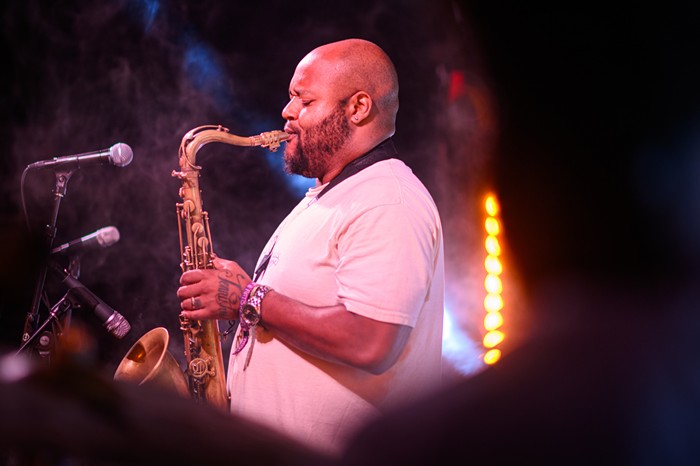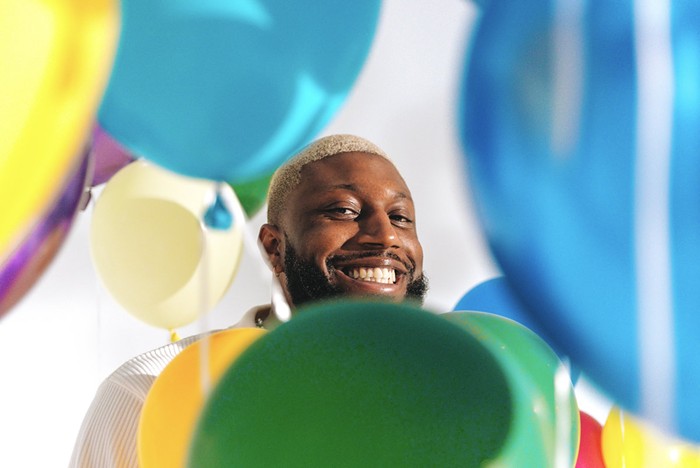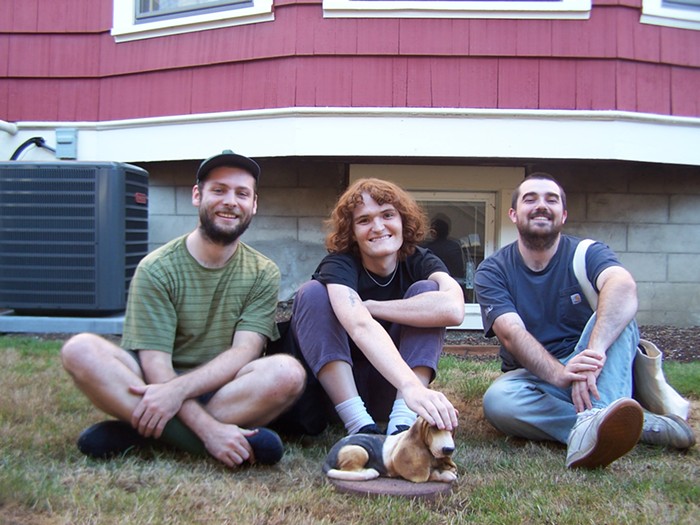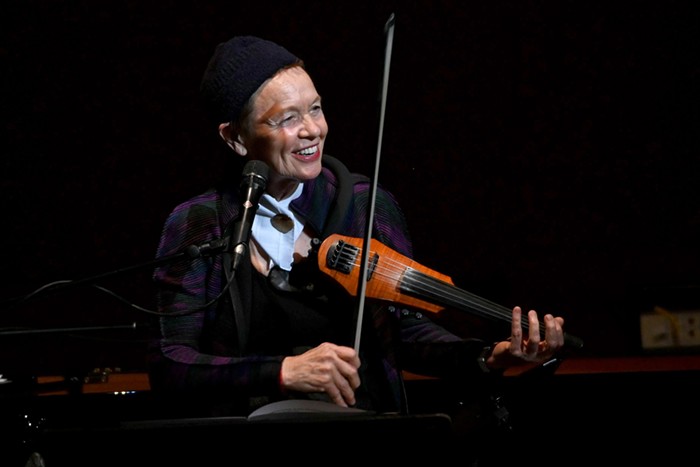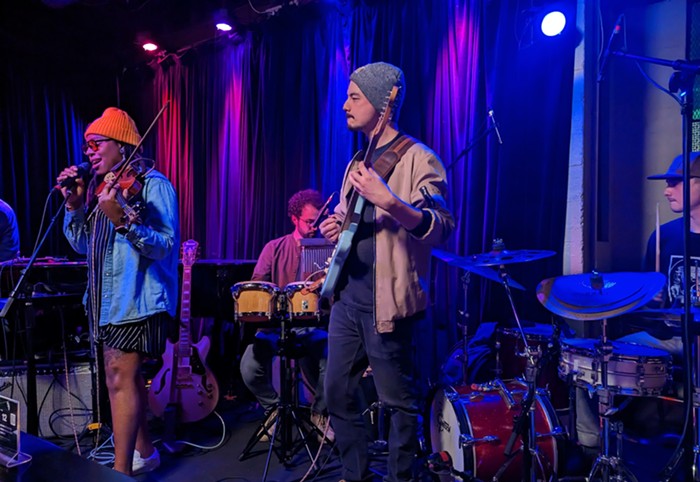TWELVE 22, the Blue Monk, the Alhambra Theatre—for some Portlanders, these names bring back memories of a time when live hip-hop and jazz were easy to find. The disappearance of these now-defunct venues reflects a city that is quickly transforming. That’s where Farnell Newton, Tony Ozier, and DJ OG One come in—together they’re launching the Portland Black Music Festival, an annual musical celebration with an all-black lineup.
As the co-founders of the record label FNBeatsGalore, Newton and Ozier are seasoned in the industry. “Tony does studio and production work, and I’m doing backend stuff with graphics and paperwork,” says Newton, who just finished touring for three years with Jill Scott and Bootsy Collins. When Ozier isn’t producing for FNBeatsGalore, he’s performing with his group the Doo Doo Funk All-Stars. And then there’s the legendary DJ OG One, local community advocate and the Portland Trail Blazers’ resident DJ. When Newton and Ozier started planning the festival, DJ OG One came into the mix. “He was the missing piece of the puzzle,” says Newton.
So why now? “If you go anywhere else in the country you have Juneteenth festivals, African heritage festivals.... We don’t have anything that’s specifically about black music in Portland, Oregon,” says Newton. “A lot of things are happening in the media with police violence, with Black Lives Matter. I’m a firm believer that black music matters as well because it’s a reflection on what’s happening in society.”
Newton, Ozier, and DJ OG One are intentional in their celebration of art that is unapologetically black. The festival’s lineup features an impressive roster, from jazz legend Andre St. James to spoken-word maven Rochell D. Hart to up-and-coming emcees like Rasheed Jamal and Mic Capes, two-thirds of local collective the Resistance. “The funny thing about it,” says Newton, “these hip-hop artists, I used to mentor them. I used to work in North Portland at the Rec [Charles Jordan Community Center], and Glenn Waco was a middle-school kid, Mic Capes too. They used to come and bang on my door on the weekends to borrow video games.”
These days it seems like artists from around the country are moving to the Northwest, but it wasn’t always like that. “I got here nine years ago and could not find a black artist,” Ozier says. “It took eight months before I met anyone. Now you can go to any of these clubs and they’re everywhere. It’s a beautiful thing right now.”
The trio is already ahead of the game, with next year’s festival in the works. The event will extend to three days of music for all ages, including local vendors and a conference for musicians to learn about the industry. Their goal is simple—to give black artists a platform that they often don’t get in this city. “We want to create a hub of artists growing in Portland,” Newton says. “We’re doing this because we love our community and our people.”
